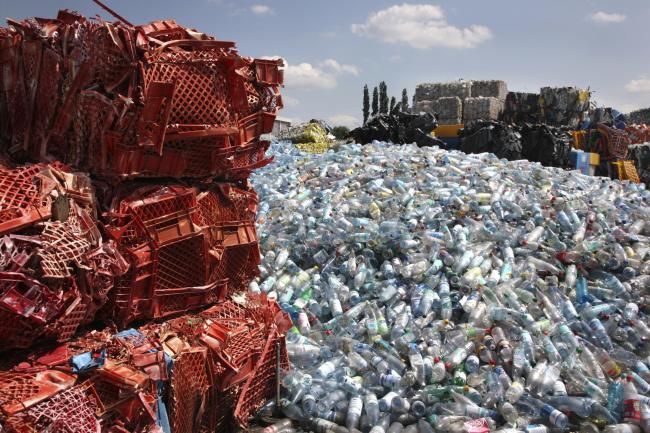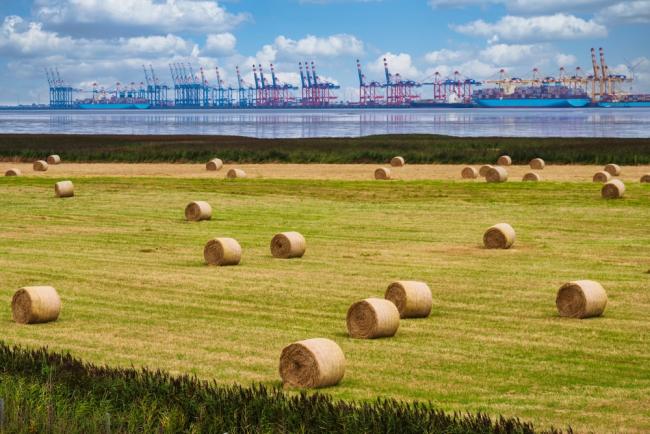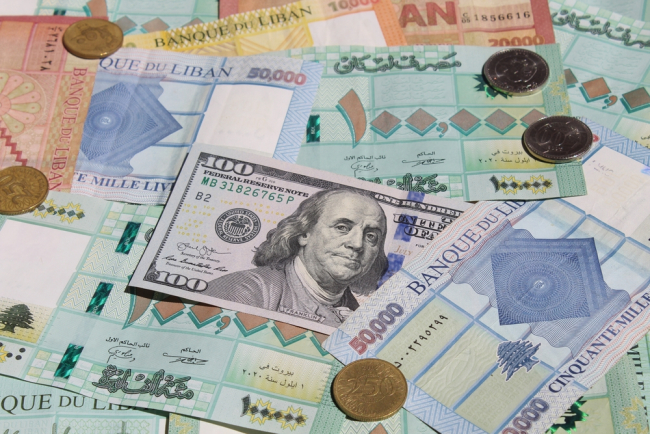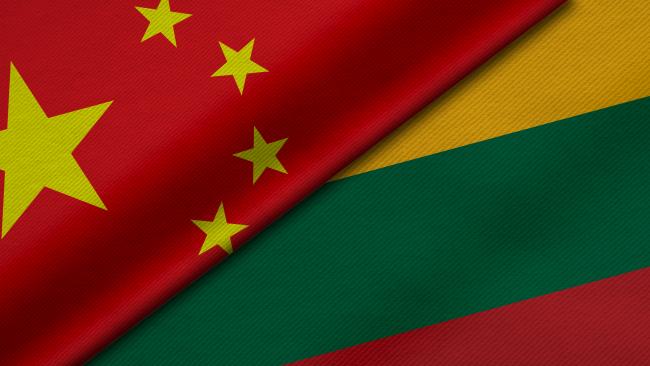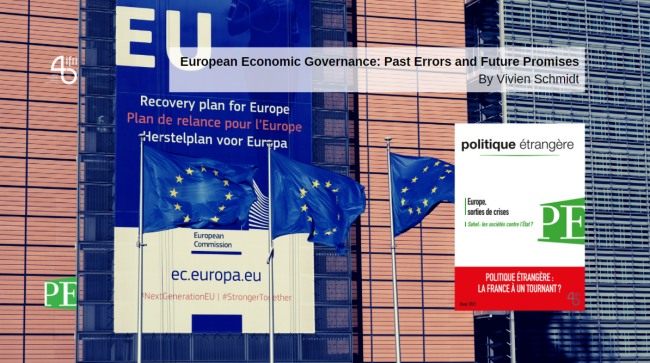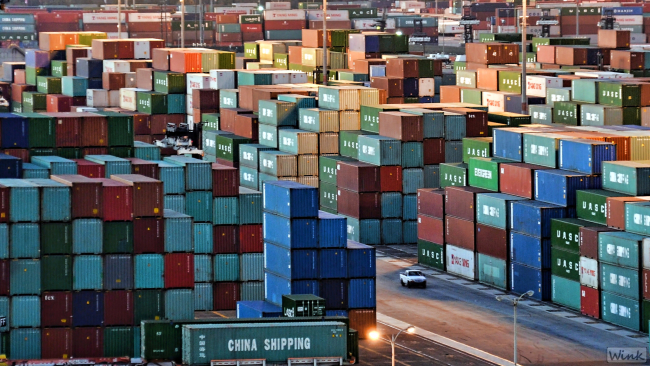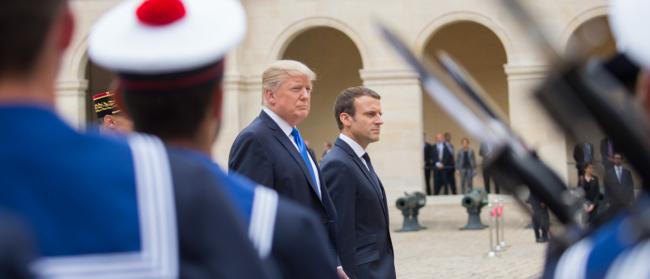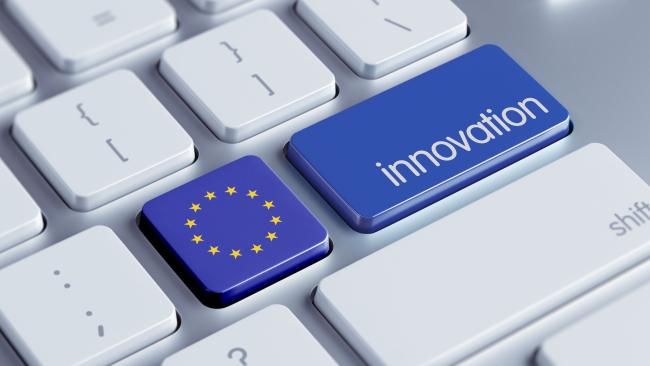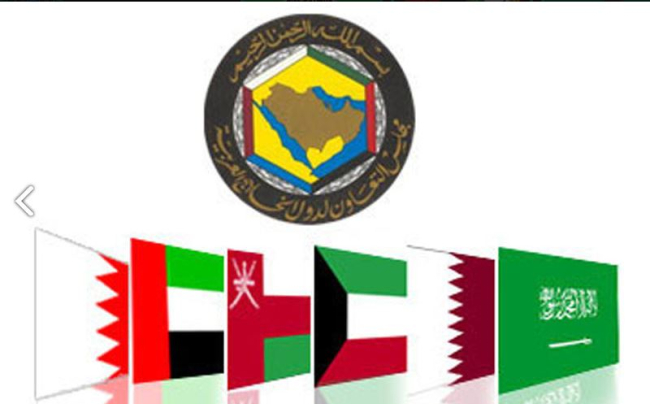Economy
The economy is an essential attribute of power and a major component of international relations. While geopolitical tensions are on the rise, economic interdependence remains strong.
Related Subjects

Five Years after China’s Plastic Import Ban: Have Europeans Taken Responsibility?
After the 2017 Chinese waste import ban, the international and European Union (EU) legislative framework on waste exports has been revised.
Support and conflict: transatlantic agricultural trade since 1945
Agriculture is an area of strategic importance, where relations between the United States and the European Union (EU) vary from solidarity to competition.
Lebanese Banking Crisis: The Systemic Workings of a Wreck
The EU’s Carbon Border Adjustment Mechanism: A Piece in the Industry Decarbonization Puzzle
The Carbon Border Adjustment Mechanism (CBAM) is a first step toward reconciling the European Union (EU)’s climate and trade interests. However, a complementary set of domestic and external policies will be needed to drive the decarbonization of European and global energy-intensive industries.
The Sino-Lithuanian Crisis: Going beyond the Taiwanese Representative Office Issue
The year 2021 marked the 30th anniversary of the establishment of diplomatic relations between China and Lithuania. Instead of commemorative events and customary lofty rhetoric, the bilateral relationship rapidly plunged to a level rarely seen in either country’s foreign policies since the end of the Cold War.

Korea-EU Direct Investment Links: The Neglected Facet of a Tight Partnership
Despite their difference in size, Korea and the EU have developed over time a strong and deep relation through direct investment flows. Germany dominates the relationship, but there remains ample room for the other EU member-states to further develop their relations with Korea.
European Economic Governance: Past Errors and Future Promises
The eurozone crisis marked a real failure of European Union (EU) policy, which led to mediocre economic performance and the erosion of its political legitimacy among the populations of member states.
Strengthening Sovereignty in the Era of Global Value Chains
How to reduce the vulnerabilities induced by these global value chains to be more independent, while taking into account the reality of these productive processes which precisely generate interdependencies?

Trade
Françoise Nicolas contributed the chapter on trade, providing more insights into the opportunities and challenges South Korea and the EU need to address to revive the rules-based multilateral trading system.

China's Rising Trade Activism in ASEAN: Implications for the EU
As the world’s center of gravity has shifted to Asia, the European Union must also be present in the region. In particular, it must develop its relations with Asian countries that have long been neglected to the sole benefit of China -- namely India, but above all the countries of Southeast Asia, where China has invested heavily and will continue to gain influence.
Asia–Africa Growth Corridor at the crossroads of business and geopolitics
The Asia–Africa Growth Corridor (AAGC) — a Japan–India initiative to promote connectivity between Asia and East Africa and encourage joint projects in Africa — is often misrepresented. All too often, the AAGC is depicted as a political move aimed exclusively at countering China’s Belt and Road Initiative (BRI).
Trade Wars: A French Perspective
The Section 232 tariffs on steel and aluminum announced by the United States in March would, if applied, have little direct impact on the French economy, but rather point toward a broader trend of protectionism and economic nationalism and a widening gap in transatlantic relations that is likely to have far-reaching implications for France.
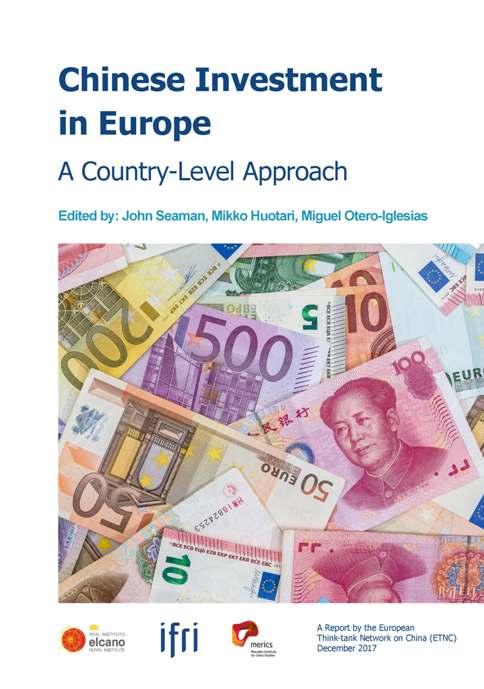
Chinese Investment in Europe. A Country-Level Approach
Chinese investments in Europe have surged in recent years, becoming both a source of hope and growing concern across the continent.
Japan's Revived African Policy
By organising TICAD (Tokyo International Conference on African Development) for the first time in Africa in August 2016, Japan intended to accelerate and deepen its relationship with the continent.
The EU and Innovation: When Business Meets Politics
Innovation, entrepreneurship, growth and competitiveness go hand in hand. This short paper looks at two areas where the EU plays a role to help drive innovation: regulation and financing.
Agreement on the Trans-Pacific Partnership (TPP) in Atlanta. TPP and TTIP: Power Games in the U.S. Congress
Our analysis on the Agrement on the Trans-Pacific Partnership (TPP) in Atlanta: President Obama is now seeking approval from Congress. He might be getting more support from the Republicans.
Blaming El Norte: The Economic Realities of Anti-Americanism South of the Rio Grande
For more than half a century, Cuba captured America’s attention as a symbol of anti-Americanism right in its own backyard. As normalized relations between the United States and Cuba bring these iconic hostilities to a close, many wonder if Castro’s Cold War rhetoric is finally dead. Borne primarily by Venezuela and Ecuador, Latin America's anti-Americanism has in fact merely transformed into an equally aggravating but less consequential trend today. Economic dependency tempers this new thorn in the United States’ side.
Persistence and Evolutions of the Rentier State Model in Gulf Countries
A general economic model of understanding Middle Eastern states was elaborated by political scientists around the 1980’s, based on the concept of rent as a factor of wealth around which the economic model as much as the governance of energy-rich countries was re-organized. The particular case of GCC’s countries as rentier state has been at the cornerstone of this concept since they own the most important share of energy resources in the world.
Japan's Energy Policy in a Post-3/11 World: Juggling Safety, Sustainability and Economics
The March 2011 accident at the Fukushima Daiichi Nuclear Power Station turned Japan’s energy policy on its head, shedding a harsh new light on Japan’s energy policy and power supply system, and throwing into relief six major problem areas that had largely escaped scrutiny before the disaster.
Greenland and Iceland: Meeting Place of Global Powers in the Arctic
At the crossroads of American, European and Asian interests in the Arctic, Greenland and Iceland, the importance of which had for too long been underestimated, are set to play a central role in future regional developments. In order to exploit the potential of their growing economic ties with Asia, without becoming the Arctic “weak links”, Greenland and Iceland need to secure their economy on a long-term basis.
Support independent French research
Ifri, a foundation recognized as being of public utility, relies largely on private donors – companies and individuals – to guarantee its sustainability and intellectual independence. Through their funding, donors help maintain the Institute's position among the world's leading think tanks. By benefiting from an internationally recognized network and expertise, donors refine their understanding of geopolitical risk and its consequences on global politics and the economy. In 2025, Ifri supports more than 80 French and foreign companies and organizations.








